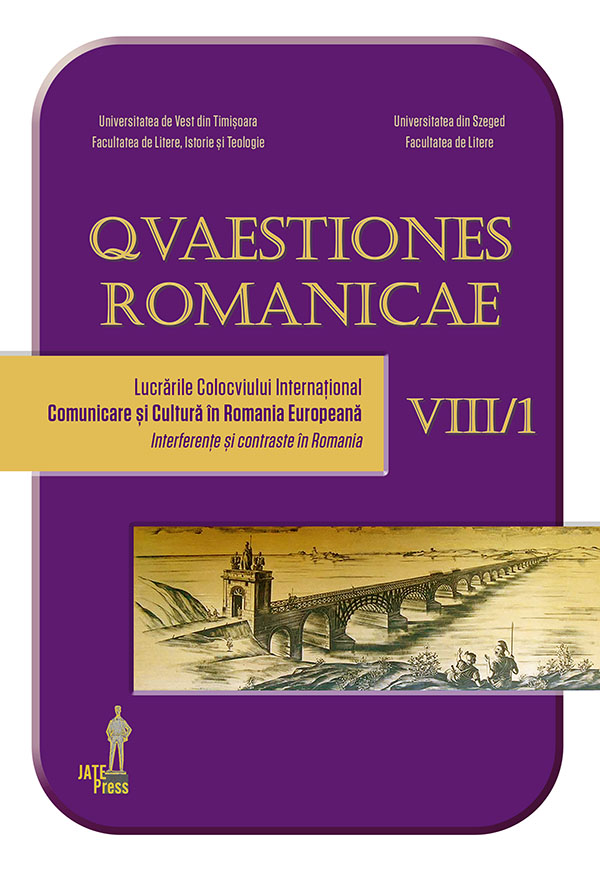Un análisis pragmaretórico de los discursos de Simón Bolívar dirigidos a los colombianos (1821-1830)
Abstract: (A Pragma-rhetorical Analysis of Simon Bolivar’s Speeches Given in Front of the Colombians (1821-1830)) Simón Bolívar was the president of Colombia in 1819 and between 1821-1830. The Liberator led the fight for independence in Bolivia, Colombia, Ecuador, Panama, Peru and Venezuela. In this paper we will analyze from the point of view of pragmatics and rhetoric the following speeches: “The inaugural address as President of Colombia” (1821), “To the attention of Colombians” (1827), “Message to the Constituent Congress of the Republic of Colombia” (1830) and “Final Proclamation of the Liberator (1830). In all the speeches, the ethos of the orator is construed in a detailed manner, as Simón Bolívar tries to persuade the audience, by highlighting his moral character and everything he had done for the Colombians. We can notice how directive speech acts and commissive speech acts (Bach and Harnish, 1979) are reinforced by informal fallacies (Bordes Solanas, 2011) and metaphors. Antitheses, personifications and anaphoras are salient in his speeches. Simón Bolívar presents himself as the leader of the heart of the people, the son of war and he mentions in his inaugural address that he would like to be a good citizen and give up on the title of Liberator, as “the former emanates from laws, while the latter emanates from war”.
Keywords: speech acts, informal fallacies, metaphors, Simón Bolívar, pragma-rhetorical analysis.
Resumen: Simón Bolívar fue el presidente de Colombia en 1819 y luego entre 1821-1830. El Libertador lideró la lucha por la independencia de Bolivia, Colombia, Ecuador, Panamá, Perú y Venezuela. En este trabajo analizaremos desde el punto de vista de la pragmática y de la retórica el discurso de “Investidura como presidente de Colombia” (1821), el discurso dirigido “A los colombianos” (1827), el “Mensaje al Congreso Constituyente de la República de Colombia” (1830) y “Colombia libre” (1830). En todos los discursos el ethos del orador se construye en detalle, ya que Simón Bolívar trata de persuadir al público, al subrayar su carácter moral y todo lo que había hecho para los colombianos. Se nota que los actos de habla directivos y comisivos (Bach y Harnish, 1979) vienen respaldados por falacias informales (Bordes Solanas, 2011) y metáforas. En sus discursos destacan la antítesis, la personificación y la anáfora. Simón Bolívar se presenta como el jefe del corazón del pueblo, el hijo de la guerra y menciona durante su investidura que le gustaría ser un buen ciudadano y renunciar al título de Libertador, ya que “éste emana de la guerra y aquél emana de las leyes”.
Palabras clave: actos de habla, falacias informales, metáforas, Simón Bolívar, análisis pragmaetórico.
